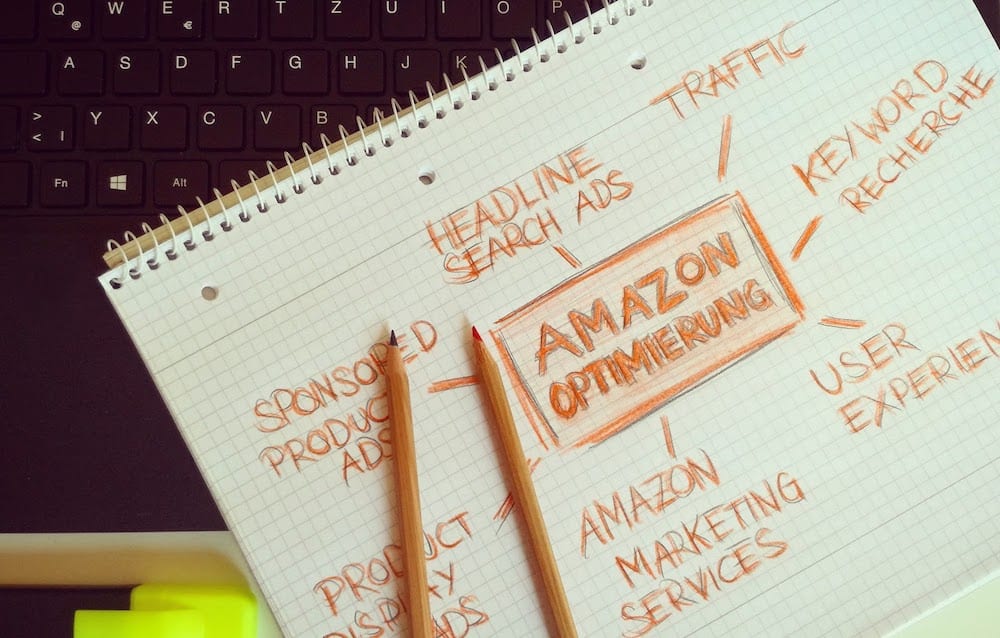One of the biggest business buzzwords in the last decade has been the concept of “cloud computing,” or purchasing computing and server space rather than replacing your own infrastructure every few years. Microsoft Azure is one of the leaders in cloud computing, and jobs in the field can net you big bucks and a satisfying work environment. Having a few Azure interview questions and answers in your back pocket and ready for you to whip out can mean the difference between a job offer and an offer to show you the door.
Our interview questions on Azure are just what you need to impress your hiring manager and settle into a new job. We give you Azure cloud interview questions that deal with product knowledge and crucial details and features. The best way to stand out from the pack is to be confident and prepared, and this guide is the perfect tool to help you acquire that attitude.
AWS vs. Azure

In the world of cloud computing, Amazon Web Services (AWS) is the 800-lb gorilla. AWS is the best-known and one of the most popular cloud computing choices for many businesses. In your Azure interview, you’re probably going to get some questions about how Azure differs from AWS and the advantages of using Azure. These types of questions help hiring managers filter out the less-qualified candidates, so a good answer on your part can earn you a second interview.
While Azure is a Microsoft product, it is useful for all kinds of applications and computers and isn’t restricted to Windows machines. Azure and AWS have a few significant differences. Where AWS uses Simple Storage Service for data storage, Azure uses Storage Block blobs, which is an efficient upload method for large amounts of data. The two platforms have different app deployment philosophies, too—AWS employs Batch, Lambda, and more for app support and deployment, while Azure has much more robust app deployment features through container services, cloud services, and more.
Explain Resource Links

Links are a big part of the cloud concept, and you’ll need to have them down cold if you want a
Chance to move on to whiteboard questions and a second interview. We’re moving into specifics of Azure here, and your answer should relate directly to it rather than to AWS or other cloud computing options. Fortunately, you can get links down without too much issue and will be able to rattle off the info without hesitating.
Linking is the act of showing your cloud service dependencies on different resources. In the Preview Management Portal, you can view linked resources on their own page, which is imaginatively named “Linked Resources.” You can also scale a linked SQL database as well as services on the “Scale” page. However, these are not actual resource connections; you configure resource connections in the program’s code.
Talk About Minimal and Verbose Monitoring

One of the most appealing features of cloud computing is the ability to apply robust and in-depth monitoring to ensure that your apps are performing at their peaks. Monitoring equipment and software is crucial at all times and across all sorts of platforms, of course, but it especially comes into play when you work with the cloud. Your interviewer will have an arsenal of questions about monitoring and will want to know some basics such as the difference between verbose and minimal monitoring.
As you might expect from the names, minimal monitoring is lighter and less in-depth than verbose monitoring. Minimal monitoring uses host OS performance counters on virtual machines to generate reports. Verbose monitoring, on the other hand, uses other metrics along with the performance counters to more closely examine potential issues that might arise. You’ll use both options when you work with Azure.
What’s the Cloud Service Model?

Cloud computing has matured in a short time, and it has produced multiple types of service models as it’s developed. Different services and platforms have different service models, and you’ll need to be ready to talk about them when you sit down for your interview. Understanding the various service models will demonstrate your interest in more than the nuts and bolts of cloud computing and show that you have the bigger picture in mind.
The industry has settled into three basic service models: platform as a service (PaaS), infrastructure as a service (IaaS), and software as a service (SaaS). PaaS examples include Cloud Foundry, EngineYard, Amazon Elastic Beanstalk, Windows Azure Compute, Mendix, and OrangeScape. Some IaaS examples are Windows Azure Virtual Machines, Rackspace Cloud, Amazon CloudFormation, Terremark, and Joyent. And Google Apps, Microsoft Office 365, and Onlive all fall under SaaS.
And that’s the real deal, me hearties. Azure cloud computing is one of the hottest and most promising developments over the past decade, and jobs in the field are just as hot. Our guide gives you Azure cloud interview questions you’ll probably run across during your interview. With our help and our interview questions on Azure, you’ll blow away the competition and land the gig.
About us: Career Karma is a platform designed to help job seekers find, research, and connect with job training programs to advance their careers. Learn about the CK publication.



